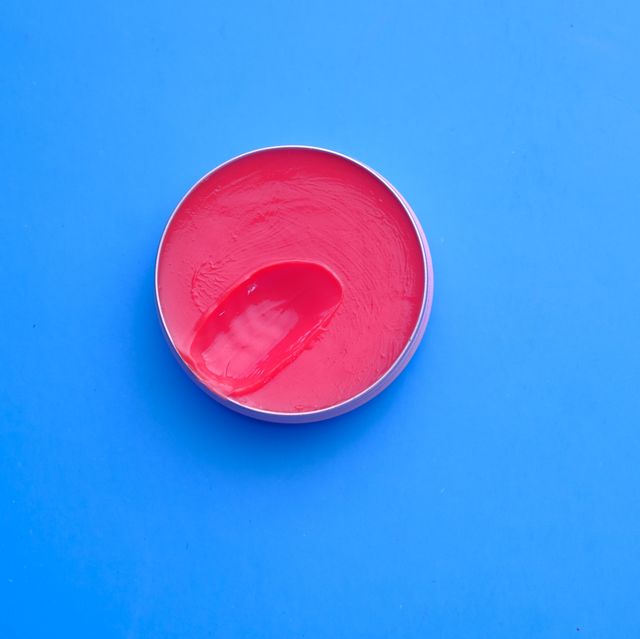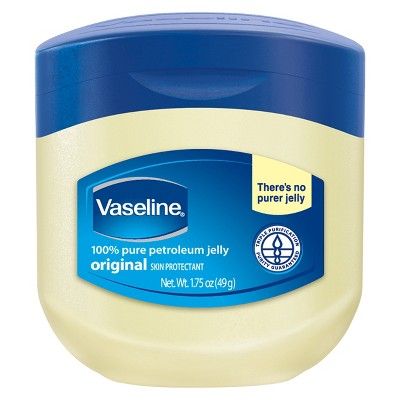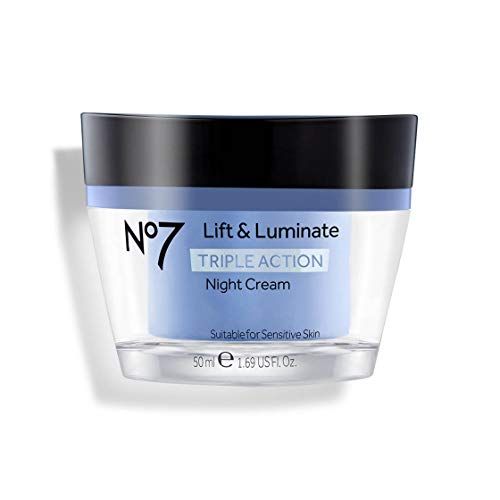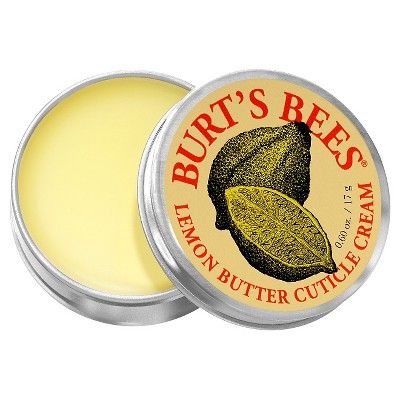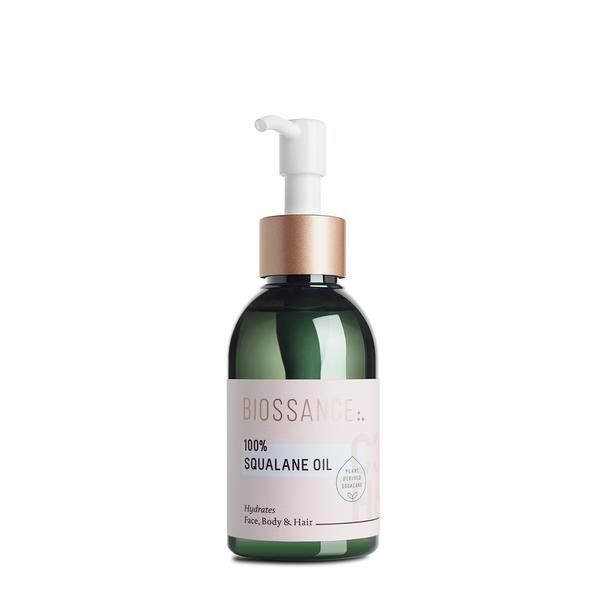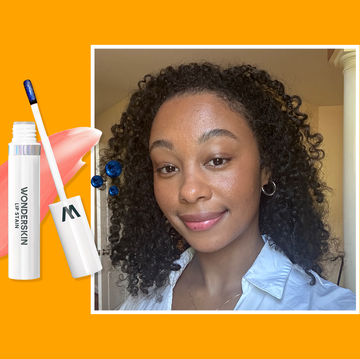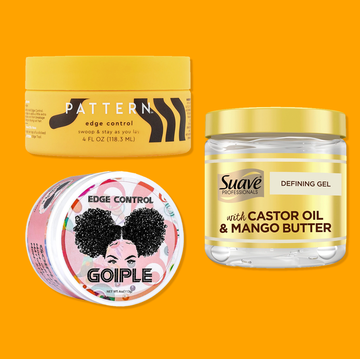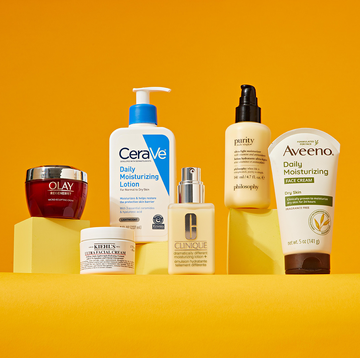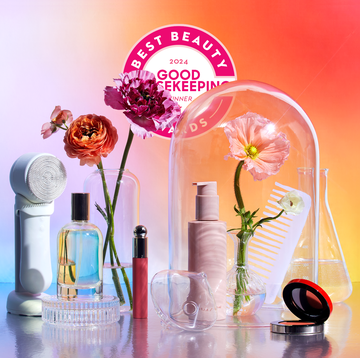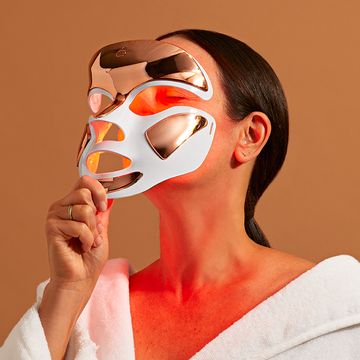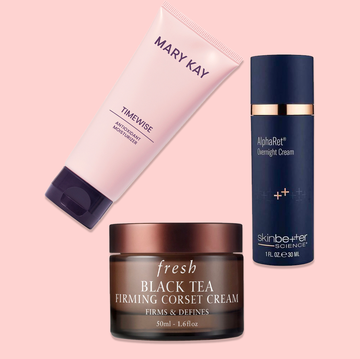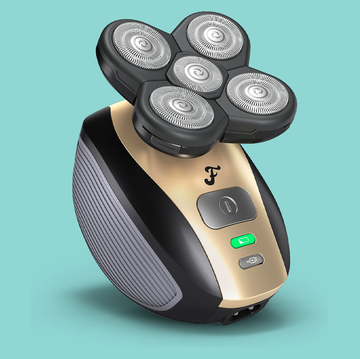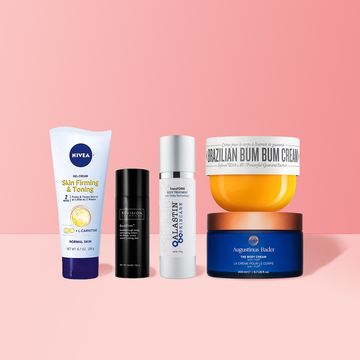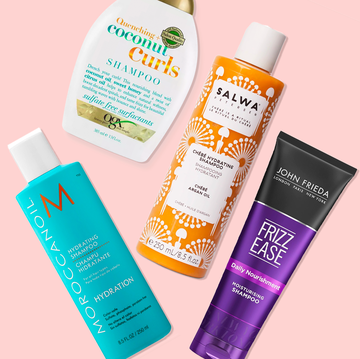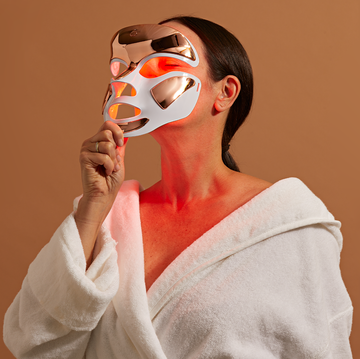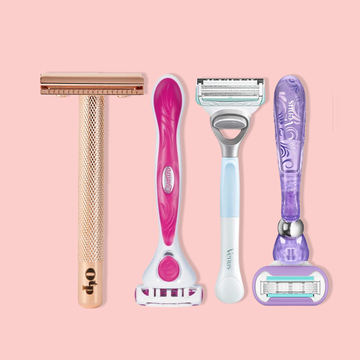From body lotions and face moisturizers to lip balms and everything in between, a quick scan of skincare products that pass through the Good Housekeeping Institute Beauty Lab shows it's hard to find a skin hydrator that's formulated without the category of ingredient known as "occlusives."
You won't find these workhorse ingredients leading any trends (they've been around a long time), but they remain an invaluable part of any healthy skincare routine and dermatologist practices. Occlusives have proven to be a godsend for dry, dehydrated skin, and help with skin aging, sun damage, and wound healing.
So what exactly is an occlusive in skincare?
The medical definition: "Occlusives are moisturizing agents that work by forming a protective layer on the surface of your skin and create a barrier to prevent moisture loss," explains Olay Scientific Communications Senior Director Frauke Neuser Ph.D.
By mimicking the skin's natural lipid barrier, they also have protective properties. "Occlusive ingredients help protect the skin from external irritants, including friction, cold wind, and pollen," she explains. Some occlusives, such as petrolatum and shea butter (yes, shea butter is a good occlusive!), are multitaskers that can smooth and soften skin, acting as emollients, another type of moisturizing agent.
What's the difference between humectants and occlusives?
There are two categories of ingredients found in moisturizing skincare products that can help maintain the ideal water content in the outer layer of skin (a.k.a. the stratum corneum) to counteract dryness. Both are important components to a hydrating skincare product, but they are different. Here's how:
- Humectants attract and transport water into skin (such as hyaluronic acid and glycerin).
- Occlusives stop water and natural moisture evaporation from skin by creating a waterproof coating on it.
Oftentimes, you'll find both categories in the same product. "Most occlusives are formulated with other ingredients such as emollients and humectants for best performance as well as skin feel," Neuser says.
What are examples of popular occlusives in skincare?
Common occlusive ingredients include petrolatum, silicones, waxes (like carnauba or beeswax), and most oils and butters, Neuser says. Unlike other moisturizing agents, such as humectants and emollients, the most effective occlusives are not easily replaceable with natural and plant based ingredients. Thanks to their low water content, occlusives themselves are less likely to harbor bacteria and have a long shelf life.
Here are the most popular occlusives you'll find in skincare products:
- Petrolatum is probably one of the most used and best-studied occlusive ingredients, Neuser says. It's sourced from mineral oil and consists of complex hydrocarbons. Petrolatum is superior in preventing water loss when compared to other occlusives and is approved by the FDA as an over-the-counter skin protectant.
- Silicones are widely-used cosmetic ingredients and well-known for their occlusive properties. They also deliver shine and slickness to skin's surface. There are different types of silicones and not all of them are created equal; there is a large variability of silicone properties ranging from soluble and insoluble in water and oil. Hydrophobic (water-repelling) silicones, such as dimethicone, have been proven to influence skin hydration, make it feel smooth to the touch. Dimethicone has also been used in wound healing as it forms a water-tight barrier that protects the skin.
- Beeswax is an effective occlusive that comes from bee honeycomb and is often used in lip balms and creams that require a thicker consistency to keep them from separating.
- Carnauba wax (also called Brazil wax or palm wax) is a vegetable wax with good film-forming properties and is also used as thickening agent.
- Squalane, a more stable cousin of squalene, a naturally occurring emollient in human skin, is lightweight and absorbs well.
- Shea butter is a lipid that's produced from the nuts of the shea tree. This creamy and rich butter is loaded with antioxidants and fatty acids to protect and hydrate skin.
- Castor oil is an occlusive oil, as it physically prevents water loss and is rich in ricinoleic acid, an antioxidant that protects the skin from free radical damage.
Who should use occlusives in skincare products?
"Occlusives are great for people for dry or dehydrated skin," Neuser says. "They often have a thick, heavy consistency and can clog pores, which can be problematic for people with oily or combination skin." Depending on their formulation, "occlusives could also be appropriate for sensitive and normal skin types," she adds.
Are there any side effects to using occlusives?
Since occlusives contain mainly lipid (oil) based ingredients and can leave skin with a slightly greasy sheen, people with oily complexions may be hesitant to apply them on their face, but fortunately, cosmetic science has found a way to incorporate low yet effective concentrations of occlusive agents in facial moisturizers targeted towards oily skin.
Still wary of them? "It might also be a good idea to only use products with high levels of occlusives on problem areas versus all over the face (or body), for example, on dry patches or areas prone to irritation," Neuser suggests.
What are the best skincare products with occlusives?
Below, the GH Beauty Lab's top recommended skincare products with occlusives:
Sabina (she/her) is the director of the Beauty, Health & Sustainability Lab at the Good Housekeeping Institute, where she has overseen skincare, haircare and makeup testing since 2012. She also reviews applications, substantiates claims and evaluates products for the GH Seal and the Beauty Awards and Sustainability Awards programs. She has a B.S. in chemistry from Ithaca College and more than 16 years of experience working in the pharmaceutical and personal care industries.
